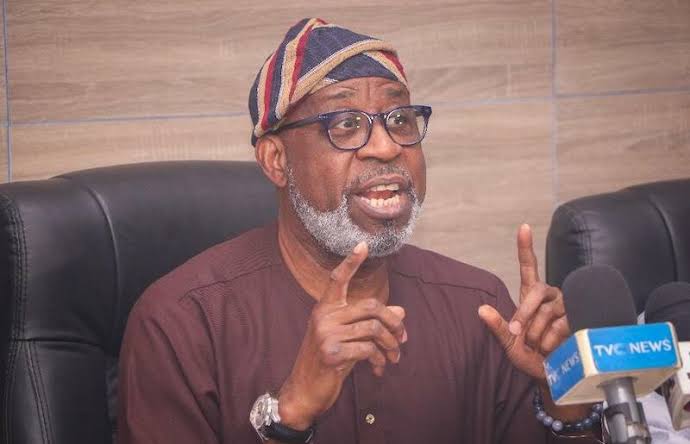The federal government has taken decisive action against mining licence racketeering by revoking an additional 924 dormant licences. Dr Dele Alake, the Minister of Solid Minerals Development, made this announcement in Abuja, expressing grave concerns over the exploitation of the licensing system.
According to Alake, the exploitation of mining licences has hindered sector development and deterred genuine investors from engaging in Nigeria’s mining industry. Among the licences revoked were 528 for exploration, 22 mining leases, 101 quarry licences, and 273 small-scale mining licences.
Alake revealed that a grace period of 30 days was granted to defaulters to rectify their statuses and provide reasons for the dormancy of their allocated sites, as per constitutional provisions. However, out of the 963 licences published in the official gazette of the federal government in December 2023, only 39 licence holders responded to the warning.
The minister emphasised that the revocation aimed to sanitise and reposition the mining sector to bolster Nigeria’s economic profile and expedite its industrialisation. He criticised the prevailing “first-come, first-served” rule in the licensing regime, which disincentivised genuine investors by prohibiting the issuance of fresh licences on already allocated sites.
In November 2023, the ministry had revoked 1,663 mining licences due to licensees’ failure to pay statutory charges and other dues to the federal government. Despite pressure to reconsider the punitive measure, the government introduced a policy for defaulters to make restitution and show remorse for possible reinstatement.
Restitution amounts varied depending on the category of the revoked licence, with mining licences requiring a payment of N10 million per licence, small-scale licences needing N7.5 million for reinstatement, and exploration licences demanding N5 million for restitution.
Alake issued a stern warning in his 2024 New Year goodwill message, indicating that further mining licences would be revoked for other categories of defaulters.
He stressed that Nigeria’s mining sector could not afford to suffer from low investments due to the illicit activities of individuals who bought licences to resell them at illegal markets, diverting funds from exploration efforts. This practice not only tarnished Nigeria’s image but also led to a significant loss of foreign direct investment (FDI).





